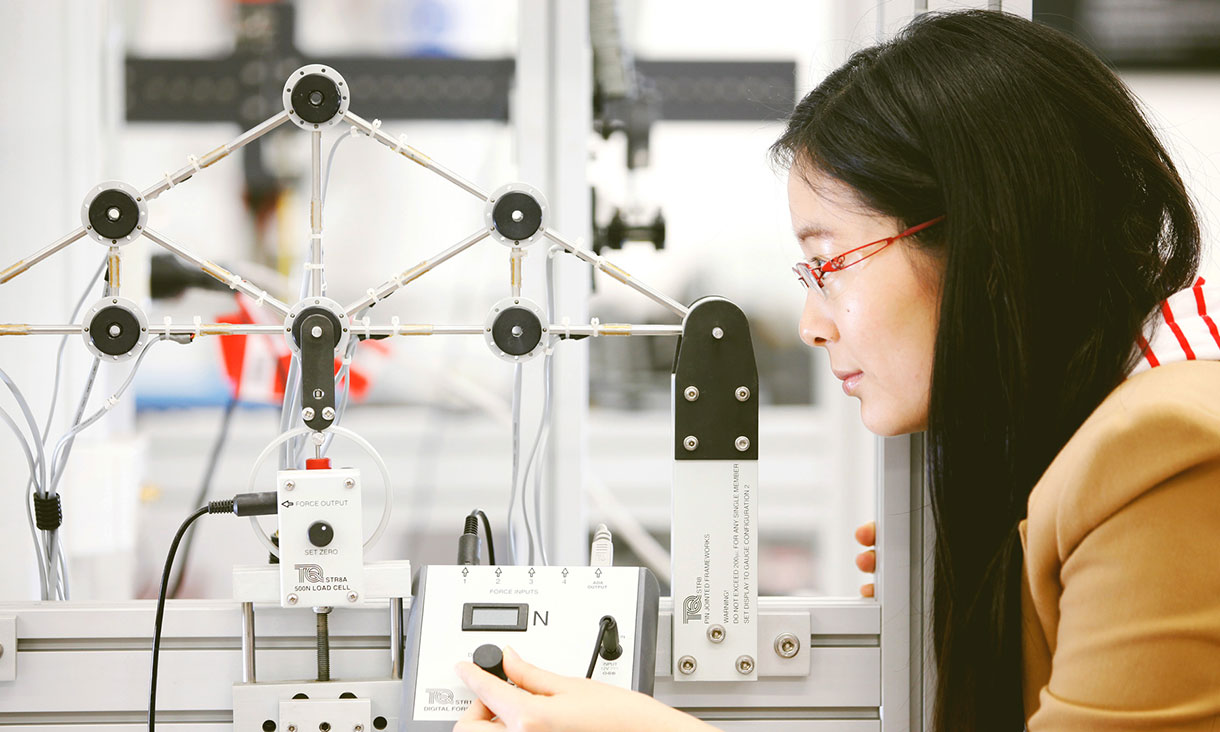Local and international organisations, businesses and government agencies are increasingly requiring trained professionals for a range of challenging, but very rewarding roles.
Victorian Council of Social Service (VCOSS) CEO Emma King said the community and social service sector was a booming industry, with rapid growth in the areas of disability, aged care, child care and family violence.
King said a highly skilled workforce was vital for the sector’s future success, creating quality options and delivering the best possible outcomes for people’s lives.
“It’s about making sure that all members of our community can have a good life and that’s really exciting, so I couldn’t see why you wouldn’t want to choose this field,” she said.
Social enterprise organisations such as Melbourne-based STREAT fight youth homelessness, and work alongside youth work professionals to make a difference. STREAT operate four cafes, a bakery, catering company and coffee roastery – all providing training opportunities for disadvantaged young people.
STREAT’s youth programs manager said it's not a youth workers job to ‘save’ a young person, but to empower them and resource them so that they can save themselves, and by learning how to do that, dig themselves out of any other holes they might find themselves in later on in life.
“Good training teaches us how to do that.
“Over the years STREAT has had the pleasure of working with a number of universities who offer excellent qualifications in both youth work and social work, as well as other allied-health professions.



